Every day, Clemson students enter and exit buildings all across campus that are named for individuals who made a significant mark on the University, but most go their entire college career without knowing the stories of the people who made those facilities possible.
While students are certainly familiar with the Swann Pavilion and the Swann Fitness Center, they may be less acquainted with the man who is their namesake: Joseph Swann.
A native of Clio, South Carolina, Swann graduated from Clemson, or as it was known then, the Clemson Agricultural College of South Carolina, in 1963 with a degree in ceramic engineering. He was initially drawn to Clemson because of the opportunity to work with heat shields that were being developed in coordination with NASA during the space race. In fact, his senior project was based on such research.
As a student, Swann played on the men’s football and basketball teams during his freshman year. He was also involved with Clemson Presbyterian Church, the Numeral Society, Tiger Brotherhood, Slipstick — the Clemson engineering magazine — and Blue Key Honor Society, alongside serving as president of his junior and senior class.
Swann was even among the students who welcomed Harvey Gantt as the University’s first African American student in January 1963. While national tensions regarding school desegregation were high at the time, the opposite was true at Clemson.
“We had a lot of state law enforcement people here to keep visitors away for the first few days as he came, but we had a very calm campus,” Swann told The Tiger in an interview. “I think we’re proud of how we went through the whole process. I met (Gantt) and just told him that whatever he needed, he could come to me.”
In addition to his involvement in other areas of campus, Swann was a writer for The Tiger for one year. A hometown friend who was also on staff invited him to participate, and, as a freshman, he jumped at the opportunity to “meet more people.” Like many students who come through The Tiger’s doors, he joined the sports section and wrote recaps of various athletic events.
While Swann admitted to conforming to the age-old stereotype that “engineers are not great writers,” he emphasized that he enjoyed meeting and collaborating with students of all majors and interests to make the newspaper come to life, an idea that has continued to ring true with The Tiger to this day.
Swann’s Clemson experience was characterized by the intentional relationships he forged with professors and peers alike, many of which he has maintained since concluding his time at the University.
“I loved the fact that at Clemson, the faculty wanted you to succeed, and they would work with you,” Swann told The Tiger. “Our Dean of Students, Dean Walter Cox, was just really terrific. I think the interactions with friends and the building of lifelong friendships was very important to me.”
After graduation, Swann worked as a plant manager for Reliance Electric, which later became Rockwell Automation. Although a workers union existed at the plant, Swann told The Tiger that he “didn’t make any difference between the people who were union members and the ones who weren’t because they all had a job to do for (the company) to be successful,” and he made friends both with other managers and “people on the shop floor.”
While he was a manager, union workers in the plant went on strike. Although Swann had never experienced a strike, he pointed to the relationships he had made with the workers who were involved as the reason he was able to navigate the conflict successfully, a lesson he had picked up from his time at Clemson.
“One day, the receptionist told me (a man named) Grady wanted to see me. I said, ‘Grady, you’re walking a picket line. What in the world do you want me to do?’ And he said, ‘I want your car keys. Somebody let the air out of your tire, and I ain’t standing for it.’ So I gave him my car key, and he pumped it up and took it and made sure it was repaired and brought the keys back,” Swann told The Tiger.
“But I think my ability to have relationships with people was a function of my having relationships with people here at Clemson. I can look back on many things I’ve done in my life, and Clemson was very important to many of those things, teaching me something or having some experience that helped me know how to handle (a situation).”
Alongside a successful relationship-oriented career, Swann has dedicated much of his adult life to serving the Clemson community. As a member of Clemson’s board of trustees since 1990, he has seen the University bring home five athletic national championships and countless other academic awards, including when Clemson was named one of the country’s top 20 schools in 2015.
“Clemson was always a great University, but I’ve just seen us really mature in the way we’ve grown and improved our level of research, improved the performance of the University and become a more national University,” Swann told The Tiger.
However, one of the biggest challenges currently facing Swann and other board members is balancing the University’s worldwide scope with its “little ole Clemson” character. Swann cautions that although Clemson should aim to increase in size and expand its global impact, such growth shouldn’t compromise the University’s commitment to integrity, respect, diversity, patriotism, excellence and self-reliance.
“I for sure want Clemson to always be Clemson, and the Clemson family is a big part of it, but I don’t want us to get so large that we can’t have faculty that interact with students (and) that you don’t get to know very many people,” Swann said. “I worry a great deal about that. We say we want Clemson to have the greatest student experience in the country, but I would add to it ‘and with our values’ because I think it’s very important that we are focusing on our values and trying to get students to care about those same values as they mature in life.”
Besides serving on the board of trustees, Swann has given multiple generous gifts to the University in support of students and Clemson athletics.
He and other members of the class of 1963 provided the funding to begin the Bridge to Clemson program, allowing more students to have a full Clemson experience while receiving extra academic support in their freshman year.
Individually, Swann has given endowments to support academic tutoring, the men’s soccer team, a student fitness center and men’s and women’s basketball facilities. To see his name featured on buildings all across campus, he says, is a “humbling” yet “exciting” experience.
“When they put the last beam up on the top of the (Swann Pavilion), they let my grandkids sign their names on that beam,” Swann said. “I don’t like to be the middle of the show, so I’m always a little bit quiet and shrinking back off, but having them sign that was pretty special.”
Swann’s Clemson legacy has forever left an enormous impact on the University, and his accolades are many, including the Distinguished Service Award and the esteemed Clemson Medallion. However, all of these milestones pale in comparison to his overarching mission: contributing to an institution that successfully prepares students to achieve greatness in the world, the Clemson way.
“It’s your job as a student … to think of it as a place to have fun, but also to make sure you get every possible thing out of it,” Swann said. “That’s why we’re here. It’s to make sure that you get a great education and mature in what you value, and all we can do is make it available to you, but you have to embrace it and achieve your personal goals in it.”



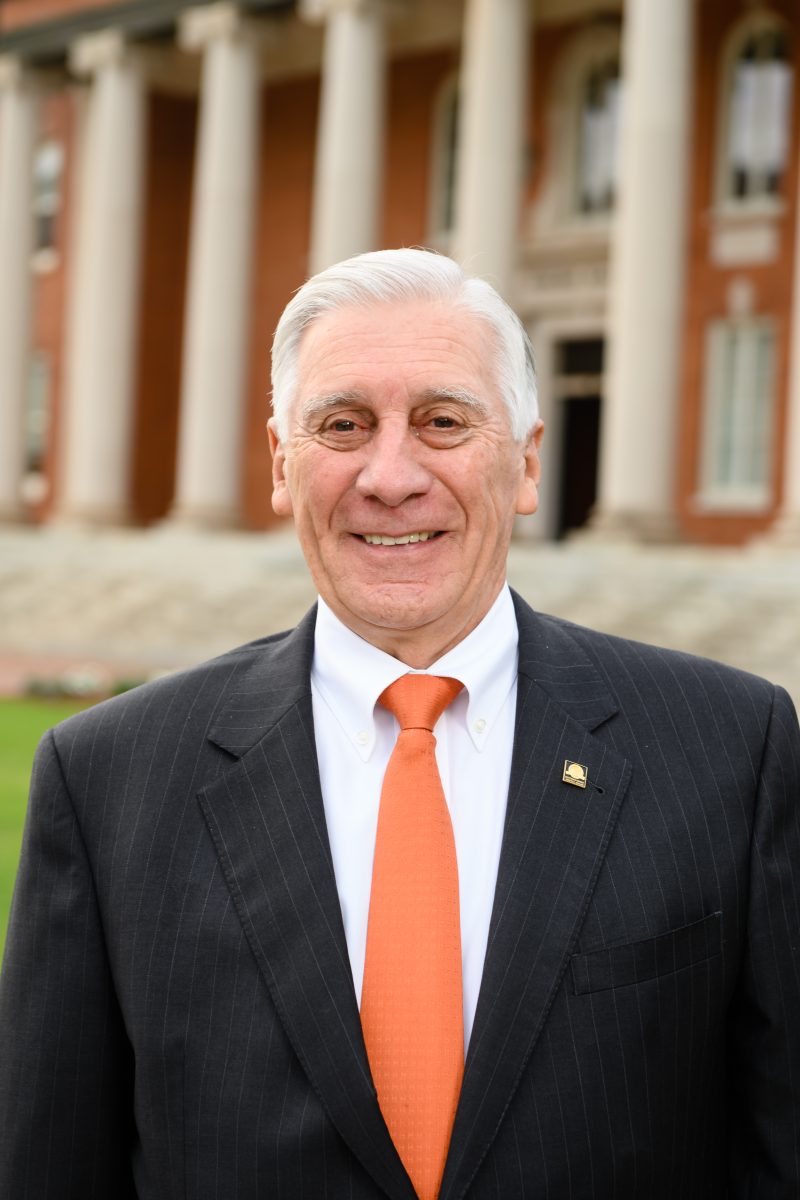
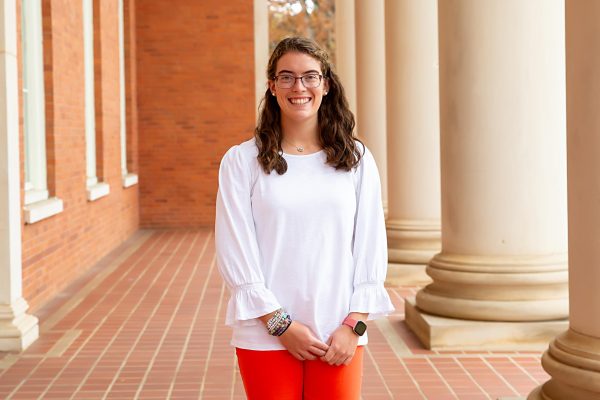
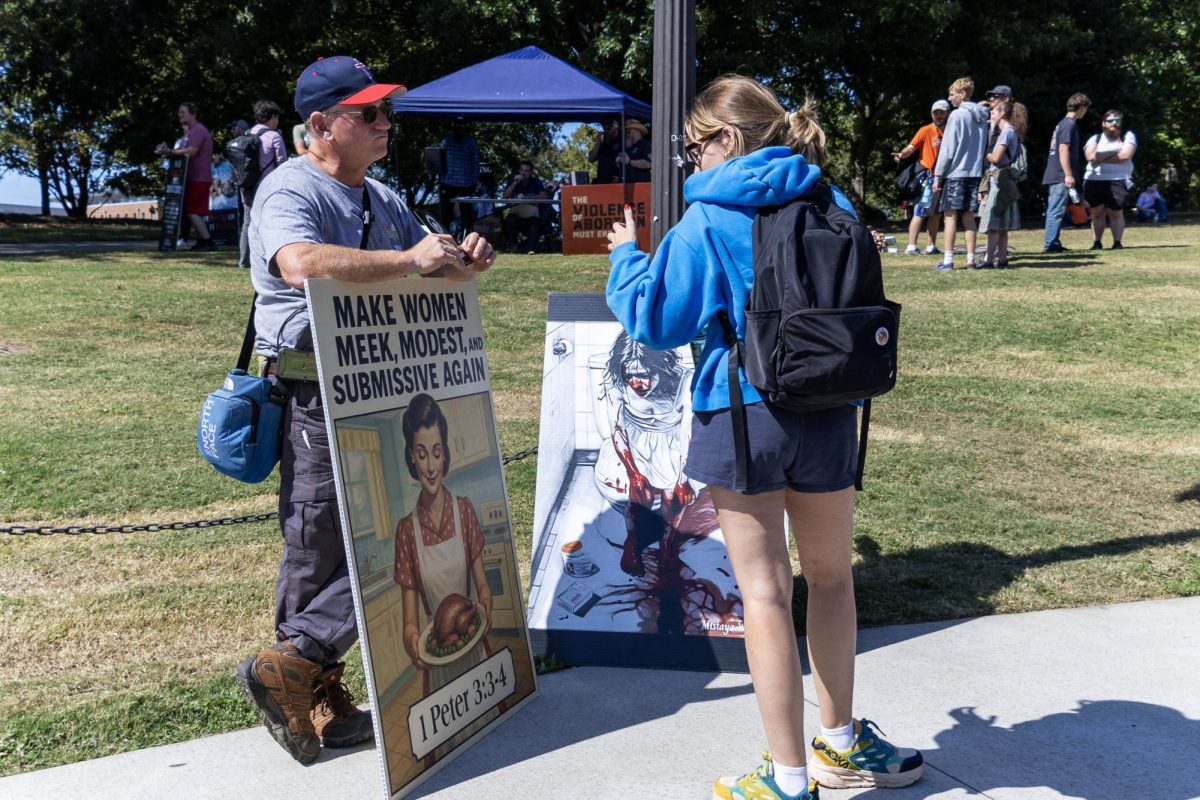
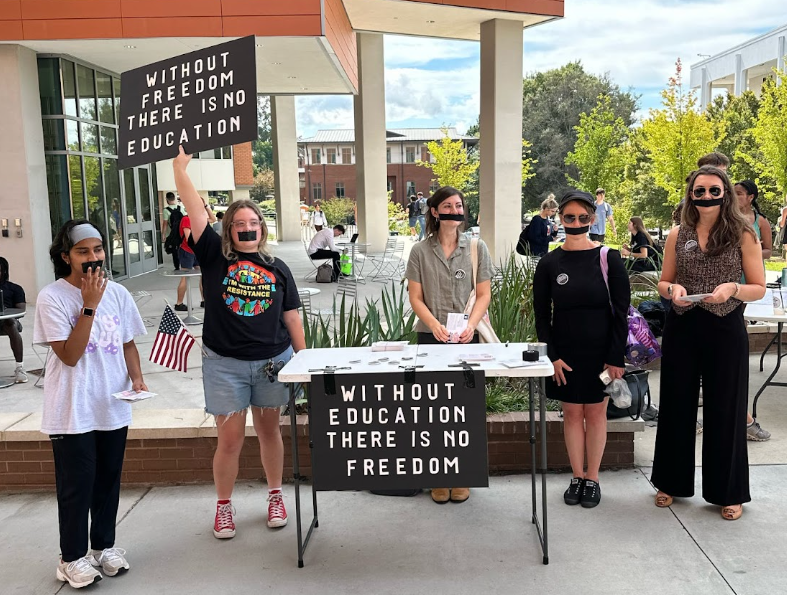
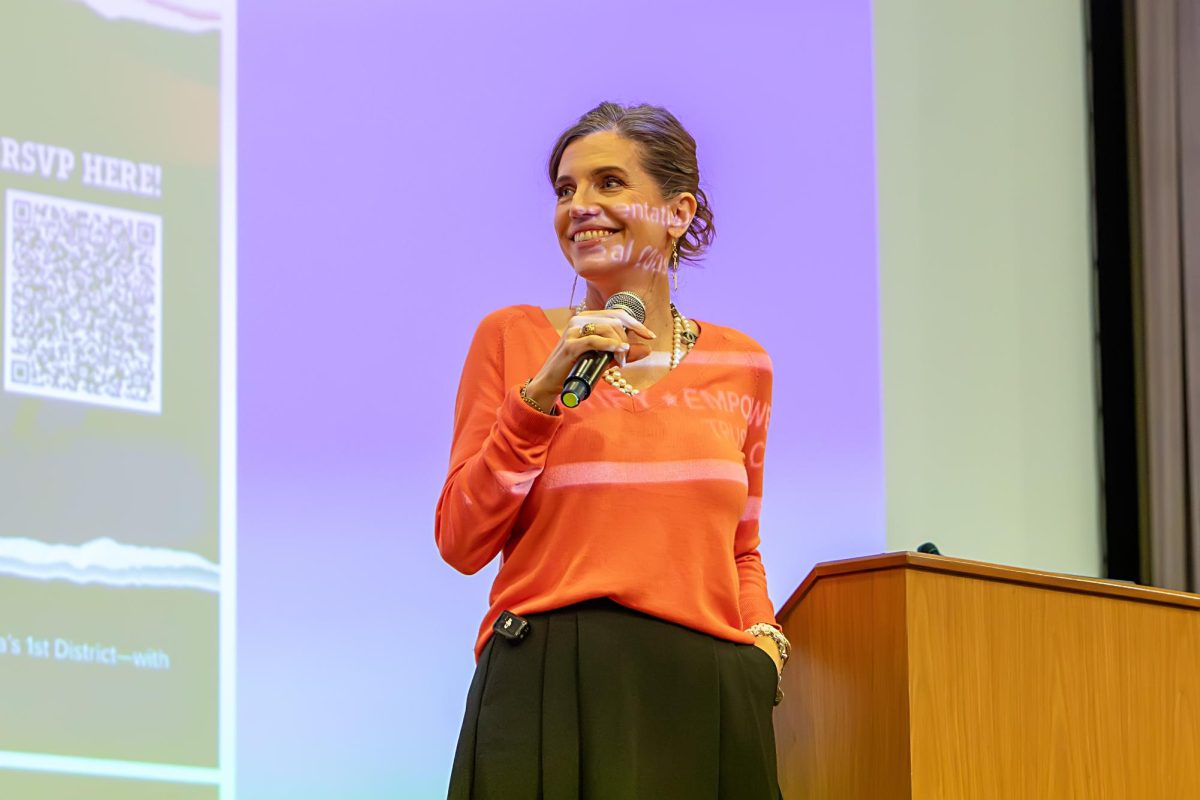
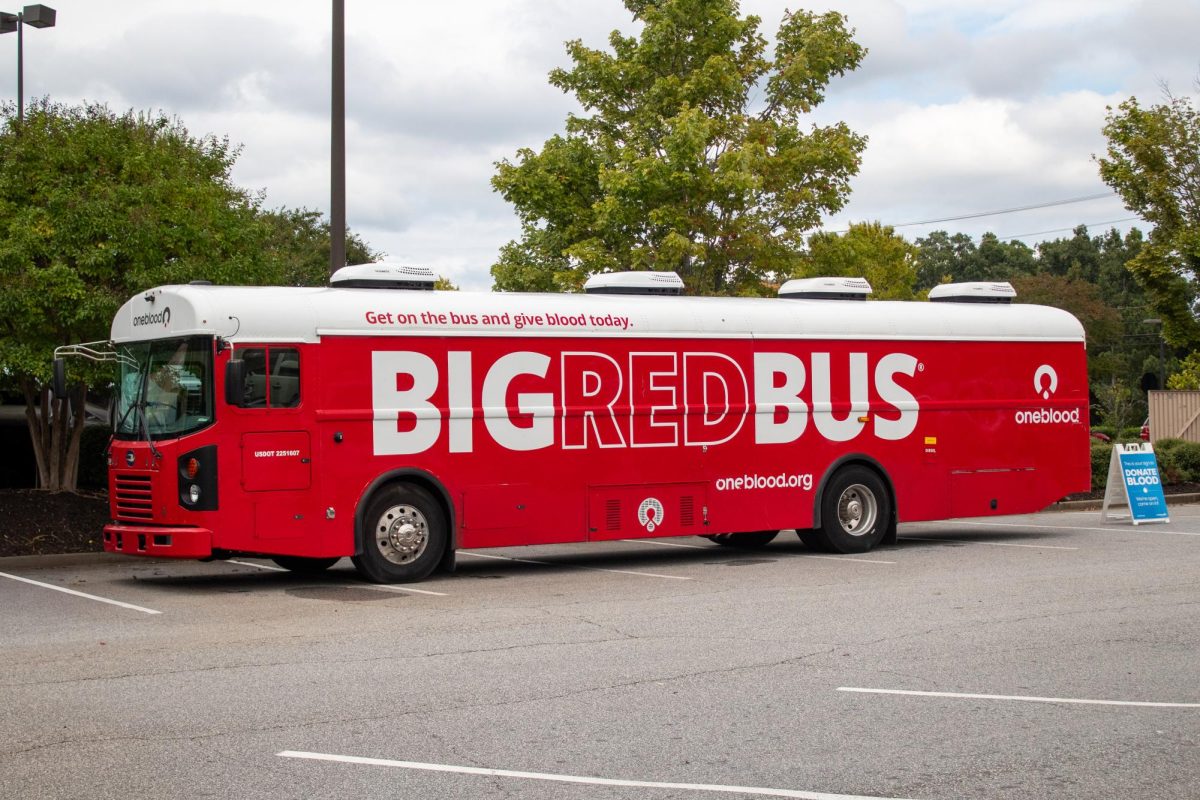
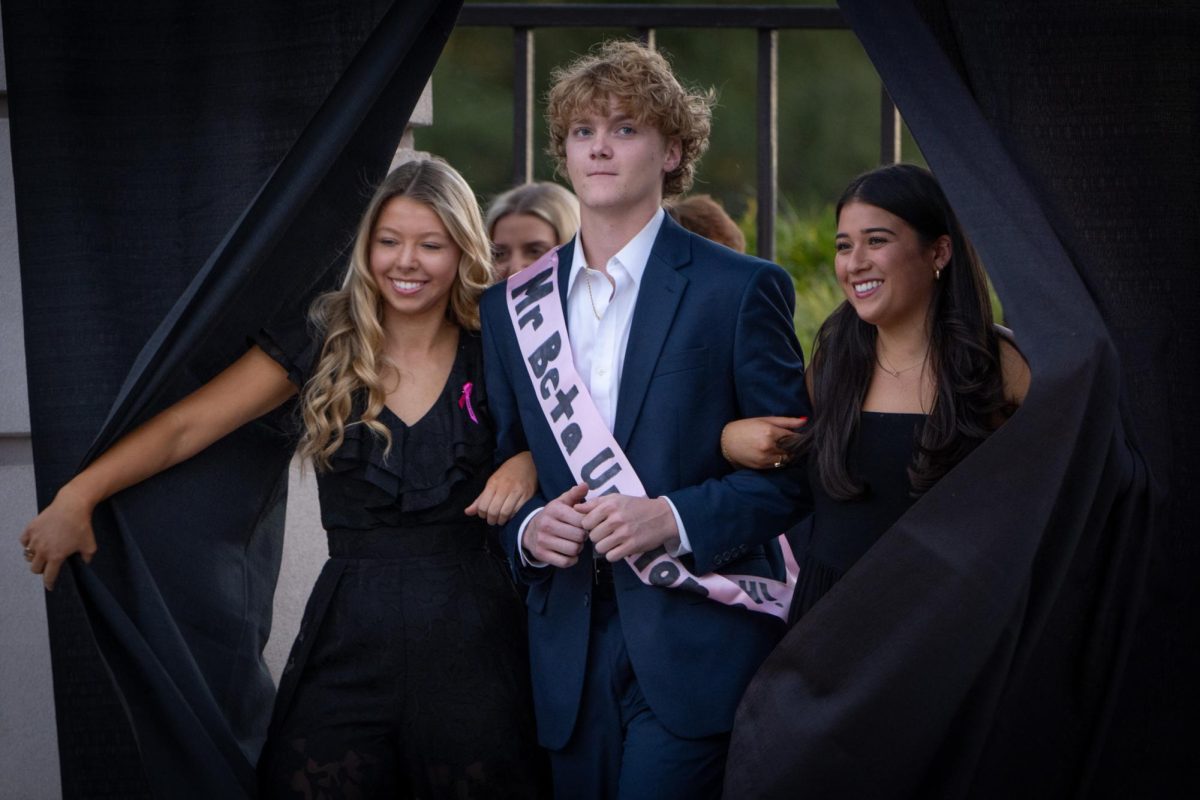

Mac Calhoun • Oct 11, 2024 at 9:10 pm
I also grew up with Joe in Clio, South Carolina. Clio was a wonderful place to live and grow up. Joe rode back and forth to Clemson with group of students from Clio and surrounding area. I also love Clemson and am proud of what Joe has accomplished in his life and his generosity towards Clemson. Go Tigers!
Joe Dowling • Oct 5, 2024 at 4:43 pm
I am very privileged and proud to call Joe Swann a friend. We grew up in the same small town and learned many positive values and traits from our parents and the citizens of that community. He has meant so much to Clemson and has shown his appreciation of our heritage in many ways.